Ocean Sand: Putting Sand on the Ocean Sustainability Agenda – ORRAA Report
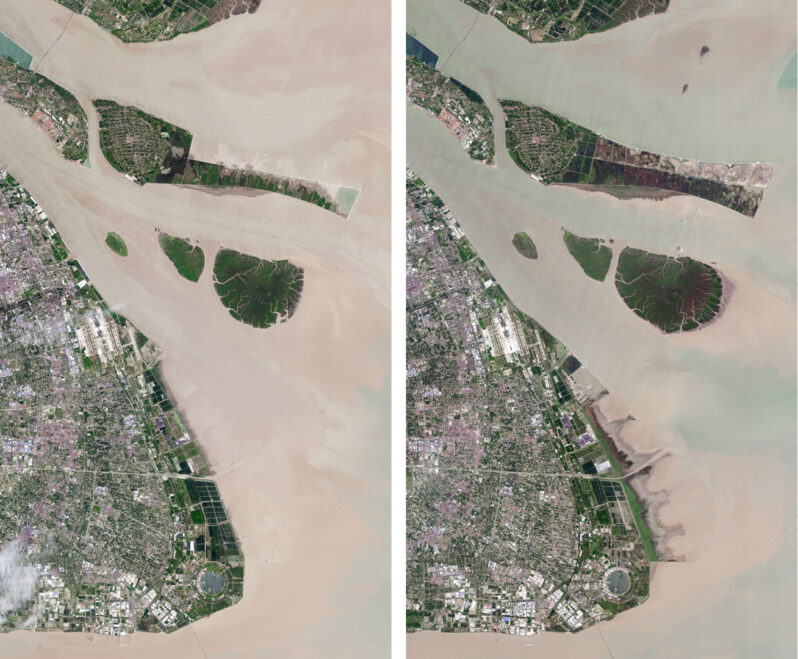
Sand is a fundamental feature of modern society…
Globally, the consumption of aggregates has increased three-fold over the last two decades, reaching an estimated 40-50 billion tons per year – an extraction far quicker than the rate at which they can naturally be replenished…
How does sea level rise challenge modern notions of property lines? – Los Angeles Times
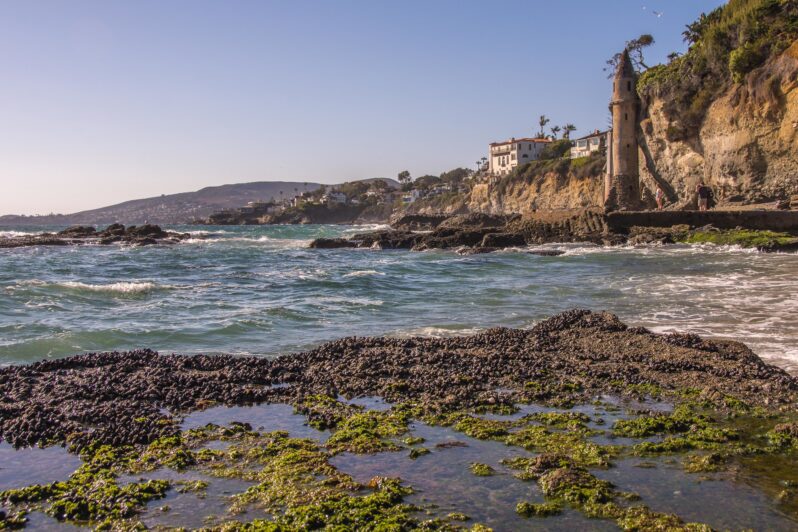
The (California) Coastal Act is a remarkable commitment to the public trust doctrine, which traces back to Justinian I, who declared in 533 C.E. that “the following things are natural law common to all: the air, running water, the sea, and consequently the seashore.” This notion — that certain lands should be held in trust by the government for the benefit of all people — evolved into English common law, which the United States then adopted and California later wrote into its state constitution…
The global impact of sand mining on beaches and dunes – Ocean & Coastal Management

Beaches and coastal dunes have always supplied sand for a wide range of uses, and initially the extracted volumes were limited to buckets, wheelbarrows, or small pickup truck loads. However, starting in the late twentieth century, and thanks to urban development, especially for coastal tourism, coastal and river sand has been extracted at an accelerated pace, and on a much grander scale…
From Climate Exhortation to Climate Execution – the New Yorker
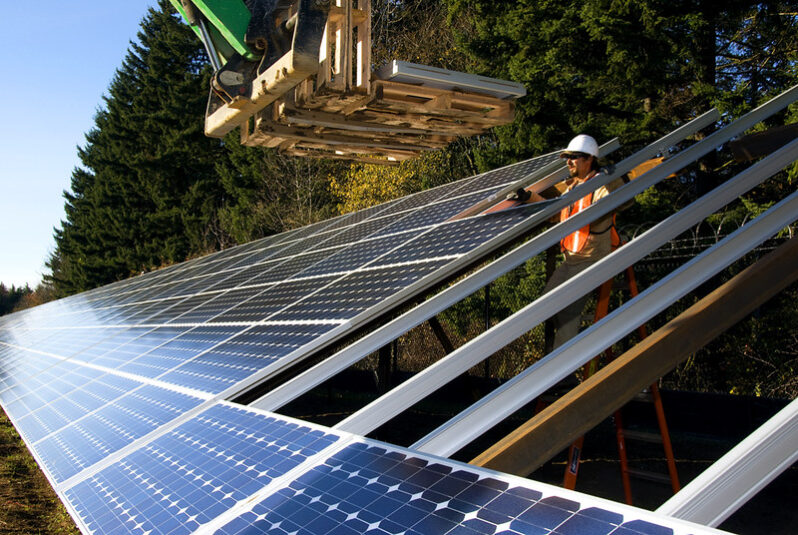
The Inflation Reduction Act finally offers a chance for widespread change…
So far, the climate debate has gone on mostly in people’s heads and hearts. It took thirty years to get elected leaders to take it seriously: first, to just get them to say that the planet was warming, and then to allow that humans were causing it. But this year Congress finally passed serious legislation—the Inflation Reduction Act—that allocates hundreds of billions of dollars to the task of transforming the nation so that it burns far less fossil fuel. So now the battle moves from hearts and heads to houses…
How Long Until Alaska’s Next Oil Disaster? – the Atlantic
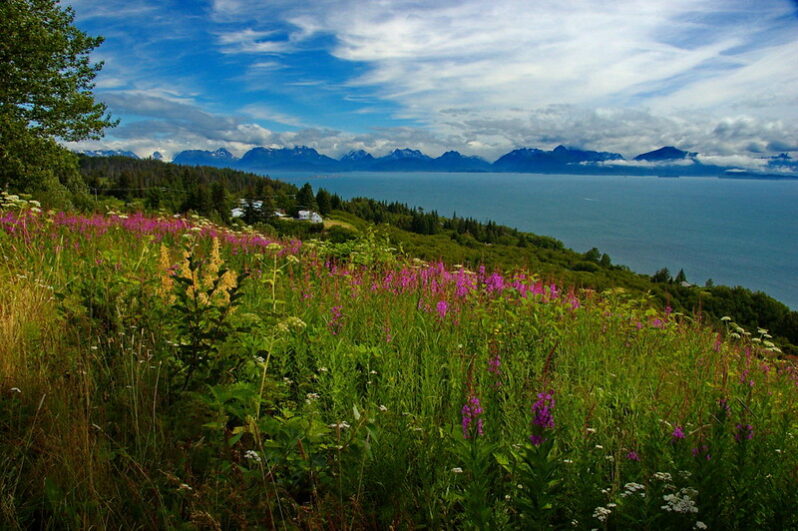
More than 30 years after the devastating Exxon Valdez oil spill, many Alaskans are still haunted by the possibility of another such disaster. Some felt that those fears were about to be realized in 2020, when the Bureau of Ocean Energy Management (BOEM) began preparing to auction off development rights to a million acres of Cook Inlet, a proposal known as Lease Sale 258…
Science Denial Has Impacts

Neil deGrasse Tyson, an American astrophysicist, author, and science communicator, made a wonderful statement some time ago, that is worth sharing – “The good thing about science is that it’s true, whether or not you believe it”. Science is really not an option. Whether biology, chemistry, physics, oceanography, geology or astronomy, scientists in these disciplines over centuries of research, conducting experiments, collecting evidence, and testing and examining their ideas have gradually developed an understanding of how the Earth and its life works. And much of our everyday lives depends on the application of that science…
Can Development Laws Elevate Us Out of Sea Level Rise?
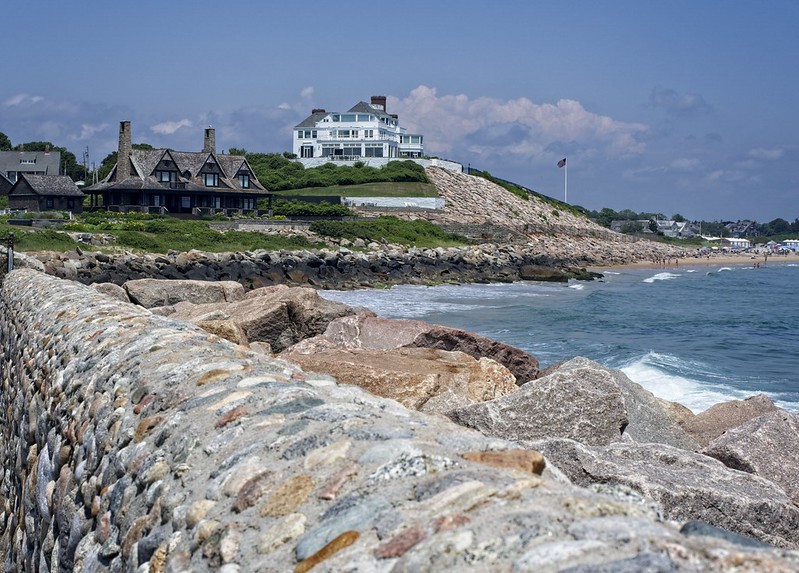
Watch Hill is an old neighborhood, where houses with names like Windridge, Waveland and Sea Swept began to take their positions on the ridge more than 160 years ago…
But Watch Hill’s most implacable foe has always been Mother Nature. In 1938, the Great Hurricane wiped fifty houses off Napatree Point, a finger of land curling into the sound. Today, the village is under the increasingly frequent assault of water coaxed by tidal force or blown in by Nor’easters over streets and parking lots, cutting off access to Napatree and giving the old house names a sardonic twist…
